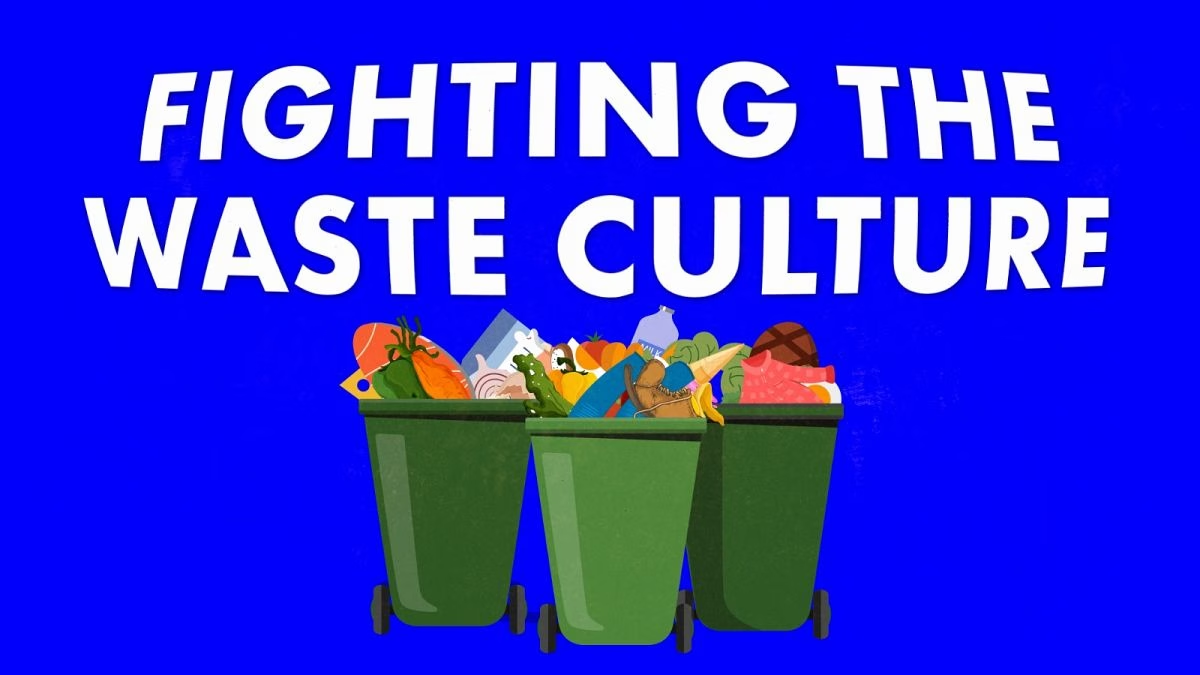Each year, the EU generates millions of tons of food and textile waste, highlighting the inadequacy of the “reduce, reuse, and recycle” mantra in driving significant change towards a circular economy. Approximately 60 million tons of food waste occur annually in the EU, leading to economic losses of €132 billion. Additionally, the EU produces nearly 13 million tons of textile waste, with 5.2 million tons being clothing and footwear, which equates to 12 kg per person.
The European Council and European Parliament have reached a provisional agreement on the Waste Framework Directive, setting new reduction targets to be accomplished by 2030. These targets include reducing waste in retail, supermarkets, restaurants, catering, and households by 30%, and decreasing waste in the manufacture and processing of food by 10%. However, the farming sector, responsible for around 11% of food waste, has been exempted from these reduction targets due to the political sensitivity surrounding farming in recent months. Robert Hodgson, who closely followed the issue for Euronews, points out that the European Parliament initially wanted to establish a review by the end of this year, with a possible target for farming. However, after the EU elections, the European Parliament shifted to the right, resulting in the review being postponed to 2027.
Some member states have performed well in reducing food waste, with countries like Belgium, the Czech Republic, France, Italy, Luxembourg, the Netherlands, and Portugal having effective mechanisms for donating safe-to-eat food. However, a significant amount of still-consumable food ends up in the trash, particularly in high-end establishments such as casinos, hotels, and cruise ships. Rasmus Nordqvist, a green Danish lawmaker and shadow rapporteur on this directive, emphasizes the need for a cultural shift in how people work with food and utilize ingredients. According to him, chefs in restaurants are eager to reduce food waste.
Regarding the textile sector, there are no specific targets in place, but it will be covered under the Extended Producer Responsibility regime. Companies will be required to pay a fee for the collection, sorting, and recycling of clothes once they become waste. Countries will have the flexibility to increase these fees for fast fashion companies based on factors such as the duration of time clothes remain in the market and their intended usage. Additionally, the EU is involved in the export of textile waste to less developed countries. Robert Hodgson believes that the directive will encourage producers to take responsibility throughout the value chain and help curb this practice.
Rasmus Nordqvist, who worked in the textile industry for two decades before becoming a politician, expects the directive to curtail this practice. He acknowledges that while this directive alone may not transform the industry, it represents an essential step towards a circular approach in the fashion industry. The transition to a more environmentally friendly approach in industries like food and textiles is crucial for meeting the objectives of the Green Deal, but it requires a combination of production methods that reduce the use of natural resources and polluting gas emissions, as well as efforts to avoid consumer waste and develop new approaches to waste culture.
Source: https://www.euronews.com/my-europe/2025/03/12/will-new-legally-binding-targets-turn-the-fight-against-waste-around





